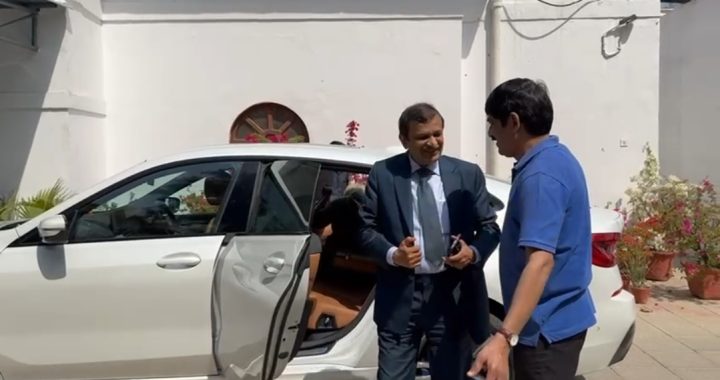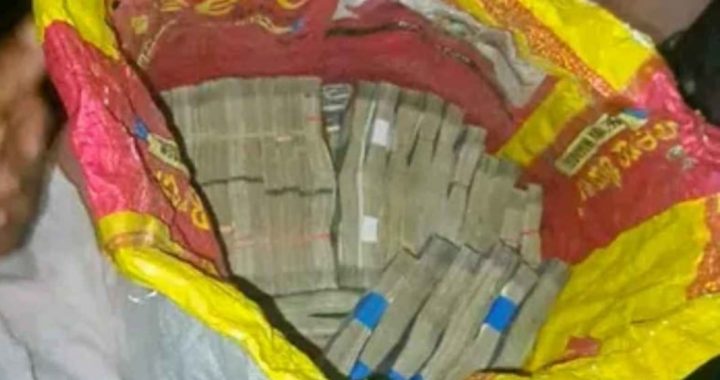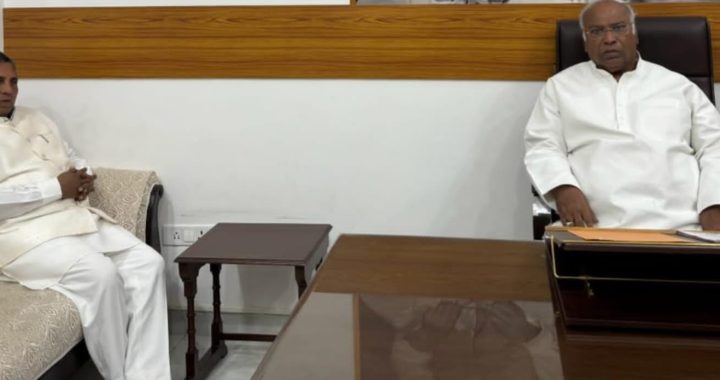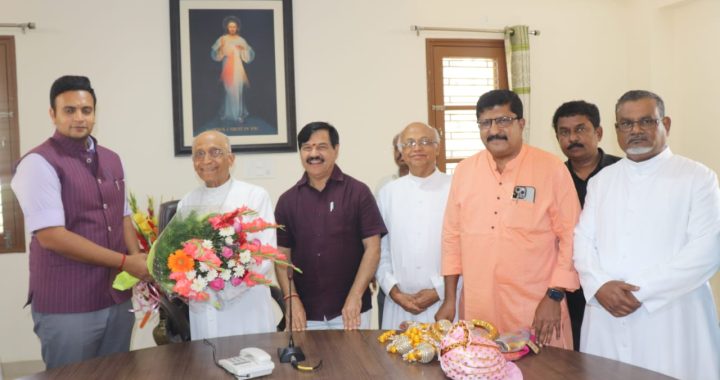Role of media during COVID-19: Nitte DU hosts live panel discussion involving professionals, experts
4 min read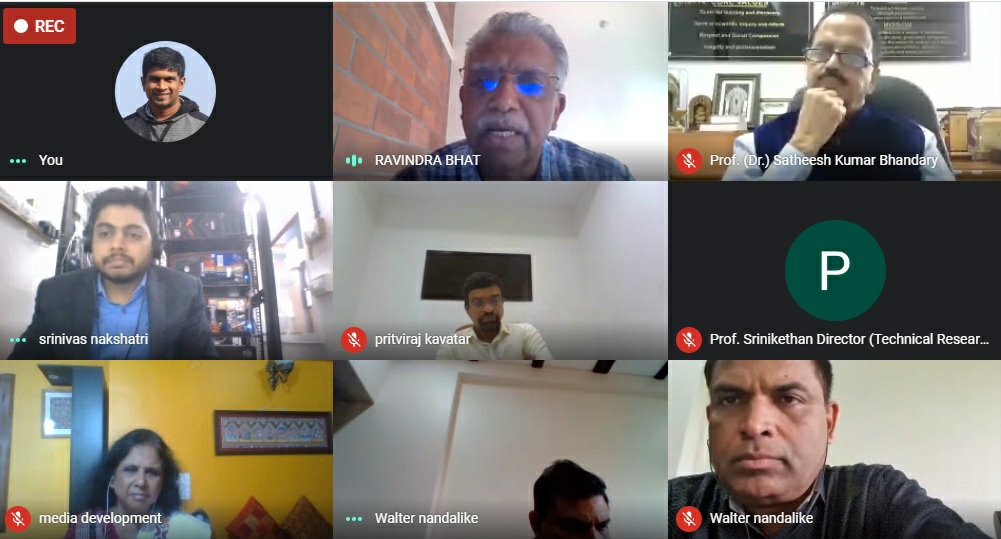
Mangaluru: A live panel discussion on ‘Role of media during the COVID-19 pandemic situation’ was organised by Institution Innovation Council (IIC), Nitte (Deemed to be University) and Nitte Institute of Communication (NIC) here on Friday.
The members of the panel included experts from the media industry being Ravindra Bhat, Executive Editor, Prajavani, Prithviraj Kavathar, Acquisition Editor, Manipal Universal Press, Udupi, Walter Nandalike, Editor-in-Chief, Daiji World and Nithin Saliyan, Current Affairs Lead, Namma Kudla.
The opening remarks were made by the Vice-Chancellor Prof Satheesh Kumar Bhandary of Nitte (Deemed to be University) who spoke about the importance media holds during the situation of pandemics. ‘Infodemic has become problematic in our society. Abundant information which is falsely interpreted is misleading the masses. Media must check the facts and give information to the society’ he said.
Dr Bhandary praised the action taken by many media institutions by waving off the subscription for the news service during the pandemic. The news persons who work in the field during the crisis time must be given proper protection, he demanded.
The presidential address was carried out by Prof N Usharani, Senior Fellow, ICSSR, University of Mysore, highlighted the need for such a webinar in a situation like this.
She also cited the word ‘infodemic’ which is scarier than the COVID-19, giving credits to WHO which emphasised more on the issue.
As journalists, one need not be scientists to know the terms, but it is our duty to understand and disseminate the information they give us. We have also become the formula-centric media, she said.
Ravindra Bhat said “no matter what disease, politics or the situation is, the role of the media will always be the same. People say that the media should also be restricted with the lockdown. What we can observe is that today it is hard to differentiate who are journalists or not. Everybody who has a phone becomes a journalist, analysing any situation in their hands.”
He focused more on emphasizing the Vice-Chancellor Dr Bhadary’s point on fake news. Talking about protocols and emphasizing he has lost his own colleagues he said, No matter what calamity it is, we work for 365 days around the clock.
He came across the wrongly propagating the idea of a newspaper transmitting corona, where even today, there are thousands of them who did not get newspapers to their homes. If it was a 500 rupees note, anyone would touch it.
He highlighted the fact of print media being prominent in today’s scenario. He also felt that even if we make mistakes, we can correct them.
Walter Nandalike said that during the pandemic we have given people accurate information. We directly tried to approach people who did not have anything to eat. We have helped around 6,200 families with spending Rs 35-40 lakh rupees. All media houses can approach the same. This becomes the first concern, on how we can reach them, he said.
Every media house has its responsibilities, not a charity house, we have a lot of other things. We focused more on calling actors for Tulunadu, which reached more than 150 episodes. The only advice he gave to his team was don’t scare people. Each and every journalist is a corona warrior, he mentioned.
Prithviraj addressed that one should be conscious before defining what media is. Social media platforms can be taken outside of it. One of the most alleged comments is that the media will not be circulated as it used to be before. A lot of information will be passed out, where mass media determines what is important and what is not. Social media is user-generated content, whereas mass media is edited content. It has affected it so much that ‘news’ is used as ‘content’ in the digital era, he added.
Nithin said, “media should be more aware and take precautionary measures. People say, if you want COVID-19 to end, the media houses should be shut down. A lot of misinformation has been imposed since then. With the lockdown, everybody was shut at home with the fear of getting infected or dying on the roads, as shown in social media. We should address people’s issues directly. The media should focus more on the recovered cases than the death rates. We don’t want COVID-19 positive, but we need positive news,” he said.
The panel discussion was streamed live through Youtube for the audience to be active participants of the event.
The welcome speech was by Prof Raviraj Kini, Head of the Department, NICO. Dr Nesara Kadanakuppe, Associate Professor, NICO moderated the program.
– Team Mysoorunews


